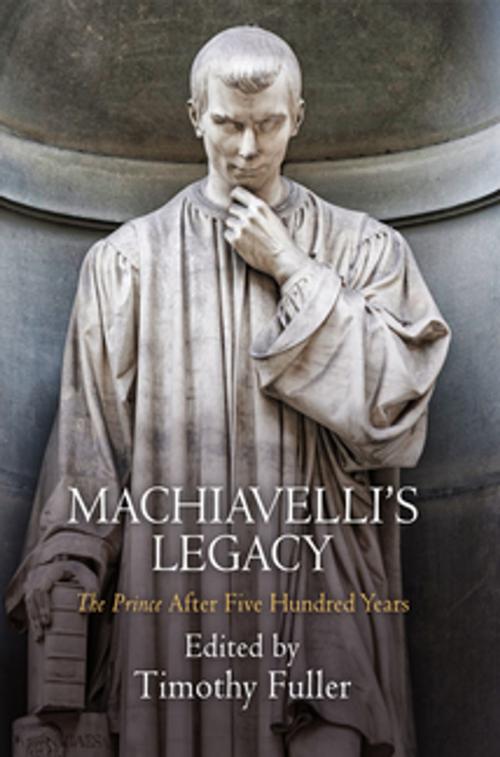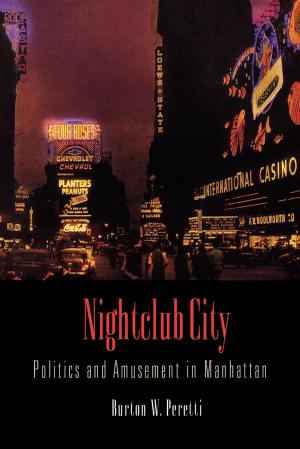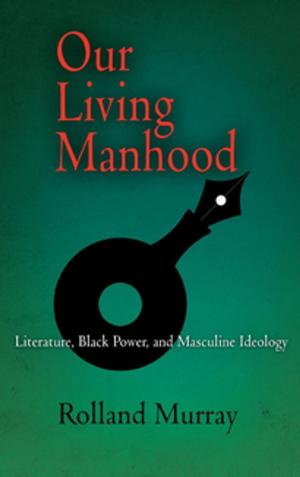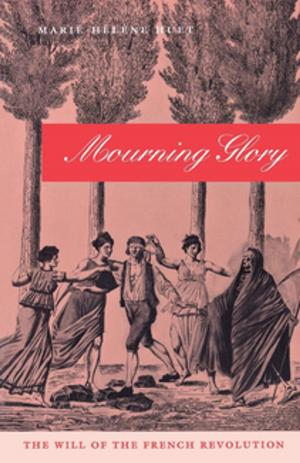Machiavelli's Legacy
"The Prince" After Five Hundred Years
Nonfiction, Religion & Spirituality, Philosophy, Political, Social & Cultural Studies, Political Science, Politics, History & Theory| Author: | ISBN: | 9780812292077 | |
| Publisher: | University of Pennsylvania Press, Inc. | Publication: | October 28, 2015 |
| Imprint: | University of Pennsylvania Press | Language: | English |
| Author: | |
| ISBN: | 9780812292077 |
| Publisher: | University of Pennsylvania Press, Inc. |
| Publication: | October 28, 2015 |
| Imprint: | University of Pennsylvania Press |
| Language: | English |
Niccolo Machiavelli's The Prince is one of the most celebrated and notorious books in the history of Western political thought. It continues to influence discussions of war and peace, the nature of politics, and the relation of private ethics to public duties. Ostensibly a sixteenth-century manual of instruction on certain aspects of princely rule and behavior, The Prince anticipates and complicates modern political and philosophical questions. What is the right order of society? Can Western politics still be the model for progress toward peace and prosperity, or does our freedom to create our individual purposes and pursuits undermine our public responsibilities? Are the characteristics of our politics markedly different, for better or for worse, than the politics of earlier eras? Machiavelli argues that there is no ideal, transcendent order to which one can conform, and that the right order is merely the one that has the capacity to persist over time. The Prince's emphasis on the importance of an effective truth over any abstract ideal marks it as one of the first works of modern political philosophy.
Machiavelli's Legacy situates Machiavelli in general and The Prince in particular at the birth of modernity. Joining the conversation with established Machiavelli scholars are political theorists, Americanists, and international relations scholars, ensuring a diversity of viewpoints and approaches. Each contributor elucidates different features of Machiavelli's thinking, from his rejection of classical antiquity and Christianity, to his proposed dissolution of natural roles and hierarchies among human beings. The essays cover topics such as Machiavelli's vision for a heaven-sent redemptive ruler of Italy, an argument that Machiavelli accomplished a profoundly democratic turn in political thought, and a tough-minded liberal critique of his realistic agenda for political life, resulting in a book that is, in effect, a spirited conversation about Machiavelli's legacy.
Contributors: Thomas E. Cronin, David Hendrickson, Harvey Mansfield, Clifford Orwin, Arlene Saxonhouse, Maurizio Viroli, David Wootton, Catherine Zuckert.
Niccolo Machiavelli's The Prince is one of the most celebrated and notorious books in the history of Western political thought. It continues to influence discussions of war and peace, the nature of politics, and the relation of private ethics to public duties. Ostensibly a sixteenth-century manual of instruction on certain aspects of princely rule and behavior, The Prince anticipates and complicates modern political and philosophical questions. What is the right order of society? Can Western politics still be the model for progress toward peace and prosperity, or does our freedom to create our individual purposes and pursuits undermine our public responsibilities? Are the characteristics of our politics markedly different, for better or for worse, than the politics of earlier eras? Machiavelli argues that there is no ideal, transcendent order to which one can conform, and that the right order is merely the one that has the capacity to persist over time. The Prince's emphasis on the importance of an effective truth over any abstract ideal marks it as one of the first works of modern political philosophy.
Machiavelli's Legacy situates Machiavelli in general and The Prince in particular at the birth of modernity. Joining the conversation with established Machiavelli scholars are political theorists, Americanists, and international relations scholars, ensuring a diversity of viewpoints and approaches. Each contributor elucidates different features of Machiavelli's thinking, from his rejection of classical antiquity and Christianity, to his proposed dissolution of natural roles and hierarchies among human beings. The essays cover topics such as Machiavelli's vision for a heaven-sent redemptive ruler of Italy, an argument that Machiavelli accomplished a profoundly democratic turn in political thought, and a tough-minded liberal critique of his realistic agenda for political life, resulting in a book that is, in effect, a spirited conversation about Machiavelli's legacy.
Contributors: Thomas E. Cronin, David Hendrickson, Harvey Mansfield, Clifford Orwin, Arlene Saxonhouse, Maurizio Viroli, David Wootton, Catherine Zuckert.















